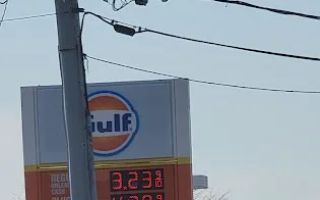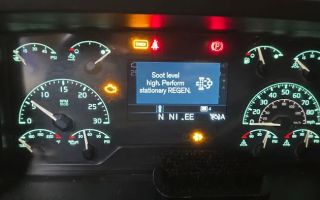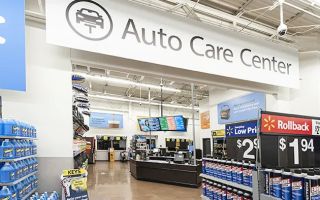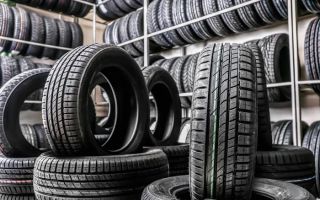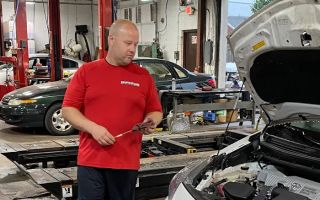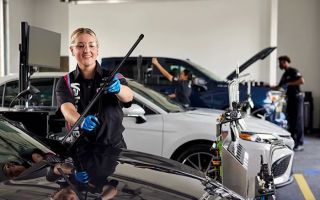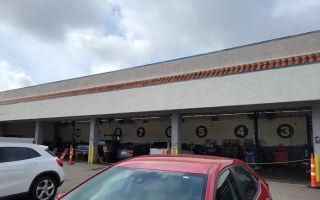How to Avoid Car Breakdowns with Regular Maintenance: Key Tips for Vehicle Longevity
There's nothing more frustrating than being stranded on the side of the road because your car broke down. Unfortunately, breakdowns often happen at the most inconvenient times, and dealing with the aftermath can be both costly and stressful. However, the good news is that regular car maintenance can significantly reduce the chances of your vehicle failing when you need it the most. By keeping your car in tip-top shape, you not only avoid unwanted breakdowns but also extend the overall life of your vehicle.

Rivian Service + Demo Center
261 Briggs Ave, Costa Mesa, CA 92626, USA
1. The Importance of Regular Car Maintenance
Regular maintenance is the key to a long-lasting, reliable vehicle. Think of it like taking care of your health – just as you need check-ups to stay healthy, your car requires periodic inspections and servicing. By staying on top of your car’s needs, you can catch problems before they escalate into serious (and expensive) issues.
Car manufacturers often provide a recommended maintenance schedule in the owner’s manual. While the specifics vary by make and model, most cars need attention at regular intervals, such as every 3,000 to 5,000 miles for oil changes, tire rotations, and brake checks. Neglecting these basic tasks could lead to parts wearing out prematurely, resulting in breakdowns and costly repairs.

Smith Brothers Brake & Wheel
7538 Foothill Blvd, Tujunga, CA 91042, USA
2. Oil Changes: The Heart of Your Engine’s Health
One of the most crucial aspects of regular maintenance is changing the oil. Oil lubricates the engine, reduces friction, and prevents overheating. Over time, oil becomes less effective as it accumulates dirt, debris, and metal shavings. If the oil isn't changed regularly, the engine could seize or overheat, leading to a major breakdown.
It’s essential to check the oil level regularly and follow the manufacturer’s guidelines on oil change intervals. Many modern cars have oil change lights that alert you when it’s time for a change, but it’s still a good idea to keep track of your mileage manually. Clean oil keeps your engine running smoothly, preventing unexpected breakdowns.
3. Tire Care: The First Line of Defense Against Breakdown
Your tires are the only point of contact between your car and the road, making them one of the most critical components in preventing breakdowns. Worn-out or underinflated tires increase the likelihood of flats, blowouts, or poor handling, all of which can lead to accidents or further vehicle damage.
Regular tire maintenance includes checking the tire pressure, inspecting for visible damage, and ensuring even wear. Keeping your tires inflated to the proper pressure reduces the risk of blowouts and improves fuel efficiency. Additionally, rotating your tires every 6,000 to 8,000 miles helps ensure that they wear evenly, extending their lifespan.
4. Brake Checks: Preventing a Potential Emergency
Brakes are one of the most critical safety features of your car. Worn brake pads, low brake fluid, or issues with the braking system can lead to brake failure, which can be incredibly dangerous on the road. Regular brake inspections are essential to ensure your car stops safely when you need it to.
Listen for signs that your brakes may need attention. Squealing, grinding, or pulsating when applying pressure could indicate worn brake pads or rotor issues. If you notice these signs, schedule a brake inspection immediately. Regular brake fluid changes, typically every 2 years, also help keep the system functioning correctly.
5. Battery Maintenance: A Vital Component to Start Your Journey
Your car’s battery is the lifeblood of its electrical system, powering everything from starting the engine to the lights and entertainment system. If the battery is not properly maintained, it could leave you stranded with a non-starting vehicle.
Check the battery terminals for corrosion and clean them periodically. Ensure that the battery is securely fastened, and replace it when it starts showing signs of age, such as difficulty starting the car or dimming headlights. The typical lifespan of a car battery is about 3 to 5 years, so be proactive about replacing it before it completely fails.
6. Cooling System: Preventing Overheating and Engine Failure
Your car’s cooling system helps regulate the temperature of the engine, preventing it from overheating. Overheating can lead to catastrophic engine damage, potentially causing a complete engine failure. Regular maintenance of the cooling system, including checking coolant levels and replacing the radiator, is essential for preventing costly breakdowns.
Check the coolant levels regularly and top them off as needed. Flush the radiator every 2 to 3 years, depending on the manufacturer’s recommendations, to prevent blockages and corrosion that could impair the system’s ability to keep the engine cool. If your car is overheating, it’s best to address the issue right away to avoid permanent engine damage.
7. Transmission and Fluids: Essential for Smooth Performance
The transmission is responsible for shifting gears and ensuring that your car operates efficiently. If the transmission fluid is low or dirty, it can cause rough shifting, slipping gears, or total transmission failure. Make sure to check the transmission fluid regularly and follow the recommended service intervals outlined in your owner’s manual.
Other important fluids, such as power steering fluid, windshield washer fluid, and differential fluid, also play a role in the smooth operation of your vehicle. Regularly inspect and replace these fluids to ensure your car performs optimally and avoids mechanical failures.
8. Windshield Wipers and Lights: Visibility is Key
Good visibility is essential for safe driving. Worn-out windshield wipers or broken lights can compromise your ability to drive safely, especially in adverse weather conditions. Regularly check your wipers for wear and replace them as needed. Ensure your headlights, taillights, and brake lights are all working properly and replace any burnt-out bulbs promptly.
Routine maintenance of these simple yet essential features can significantly improve your driving experience and help you avoid accidents or fines for non-functioning lights.
9. The Role of Professional Maintenance: When to See a Mechanic
While you can perform many basic maintenance tasks on your own, there are times when it’s best to seek professional help. Regular visits to a certified mechanic for an inspection can uncover potential issues that you may not notice. A mechanic can perform diagnostic tests, inspect hard-to-reach areas, and fix problems before they cause breakdowns.
Scheduling regular tune-ups and inspections can save you money in the long run by catching minor issues before they become major repairs. It also ensures that your vehicle remains in safe and optimal working condition.
By following these essential car maintenance tips, you can significantly reduce the chances of your car breaking down. Regular maintenance not only saves you money on repairs but also extends the life of your vehicle, keeping you on the road longer and with greater peace of mind.

